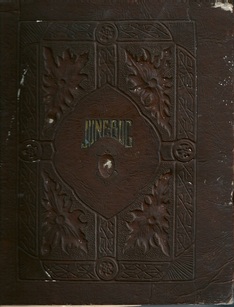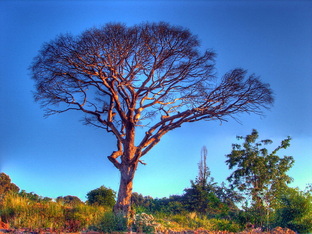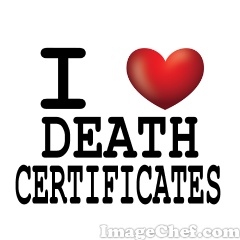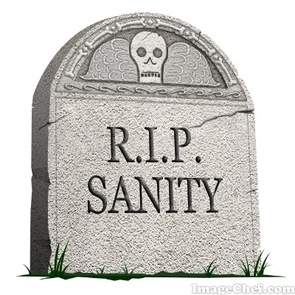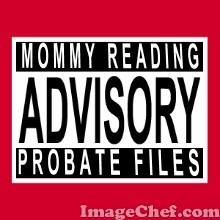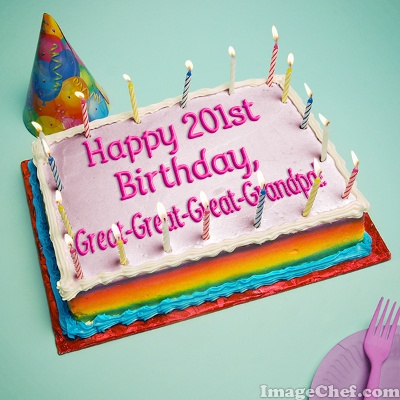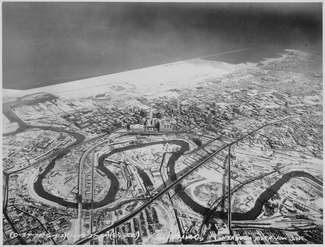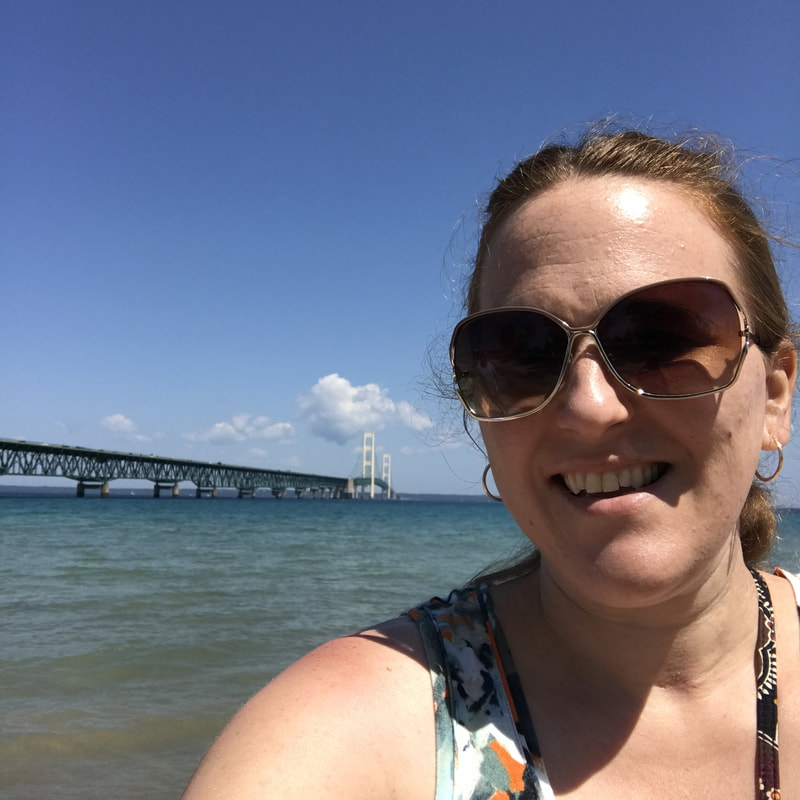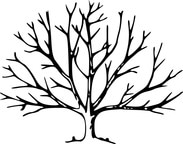
My family's American story began in 1893, when my first immigrant ancestor arrived on a ship in New York City. His wife immigrated in 1898, and all of my other great-grandparents arrived in the 1910s and 1920s. Virtually all of my research in America is 20th-century research.
When I joined the genealogical community, I did feel somewhat marginalized due to the limited scope of my family's history in America. I have no Civil War or Revolutionary War ancestors. I have no 18th or 19th-century pioneer stories in my family tree. I am not eligible for lineage societies. And as I started attending more and more genealogy conferences, I noticed that probably at least 75% of the research-oriented lectures about American record sets could not help me learn more about my ancestors.
The lectures and webinars that DO focus on 20th-century record sets almost always involve WWI and WWII records and Naturalization records. And, don't get me wrong, these are important documents to include in our family history records, but what if, like me, you've already researched and located those? What if you want to discover other sources that could tell you more about your ancestor's 20th-century life?
I want to learn if there ways in which to access 20th-century union, school, fraternal/ethnic organization, and medical records that might give me insight into my ancestor's life. I want to know how to access 20th-century deeds, appraisals, business permits, tax records, and probate records. I want to know if there are legitimate ways to gain access to some of the more recent records that may be protected under privacy laws. These are the educational needs for genealogists researching 20th-century ancestors.
There is always a drive to push the family tree further back in time. You will hear genealogists ask each other, 'How far back have you traced?' I understand, because I fall into this trap when I am scrolling through Old World church books on microfilm. And I think conference and webinar planners sometimes fall into this trap, too, because they know that 'going as far back as possible' is the main goal of many of their constituents. But are we neglecting our more recent ancestors in this drive to continually extend family trees back?
There is also an assumption among some genealogists that 20th-century research is 'easy' compared with 18th or 19th century ancestor research, and therefore doesn't deserve as much educational focus or attention. And while the paper trail of a 20th-century ancestor may indeed be more robust than that of a 19th century ancestor, that doesn't mean that finding and gaining access to those records is any easier. In fact, due to privacy laws, it's often more difficult.
So, my question to the genealogical community at-large is, are we doing enough to help and educate people whose American story has begun within the past hundred years or so? Are we marginalizing entire segments of potential genealogists by not putting enough focus on some of the more recent records and resources we can dig up to learn our our family stories?
Think about all of the families who became Americans within the past 100 years. These are people from six continents and many different faiths and cultural traditions who have made America their home. They, too, have left behind paper trails for their descendants to discover. Is the genealogical community giving these descendants of 20th-century immigrants enough educational resources and tools to begin and then continue their journey into family history?
©2017 Emily Kowalski Schroeder. All opinions are my own.
